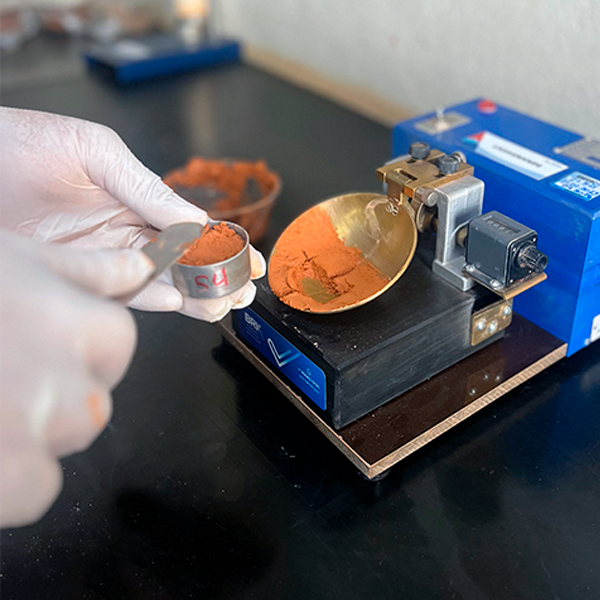GEOTECHNICAL TESTS
Laboratory tests are one of the most important components in the field of geotechnical engineering. Through these tests, detailed analyses of material behaviour are performed, which in turn contribute to the economic dimensioning of the works to be carried out, in addition to providing accurate data for monitoring structures that have already been built. For the success and safety of any project, an advanced program of precision laboratory tests in a reliable and qualified laboratory is essential.
Laboratory Geotechnical Tests
Among the most commonly performed tests on soil samples are:
Characterisation Tests:
• Natural moisture content;
• Natural specific gravity;
• Atterberg limits;
• Hilf tests;
• Actual specific gravity of grains;
• Maximum and minimum void ratio;
• Grain size distribution by sieving and sedimentation;
• Proctor compaction: normal, intermediate, and modified;
• California bearing ratio (CBR).
Special Tests:
• CiD, CiU, and UU triaxial compression
• One-dimensional compaction;
• Direct shear;
• Simple direct shear (DSS);
• Constant and variable load permeability.
Concrete Tests:
• Axial compression test;
• Resilience modulus.














Field Tests “In Situ”
We perform geotechnical field tests using our own instrumentation to evaluate parameters and understand the physical and mechanical properties of soils and rocks that are important for calculating and dimensioning foundations and mass stability. These tests are performed in boreholes.
Thus, soil and rock permeability tests, in situ density tests, pressuremeter tests, dialatometer tests, CPT, CPTu, SCPTu, and vane tests are the most common.







QUALIDADE
We are certified by the main international standards — ISO 9001, ISO 14001 and ISO 45001 —, which reinforce our commitment to quality, the environment, and occupational health and safety, fundamental pillars of our mission to offer efficient, high-performance solutions.
